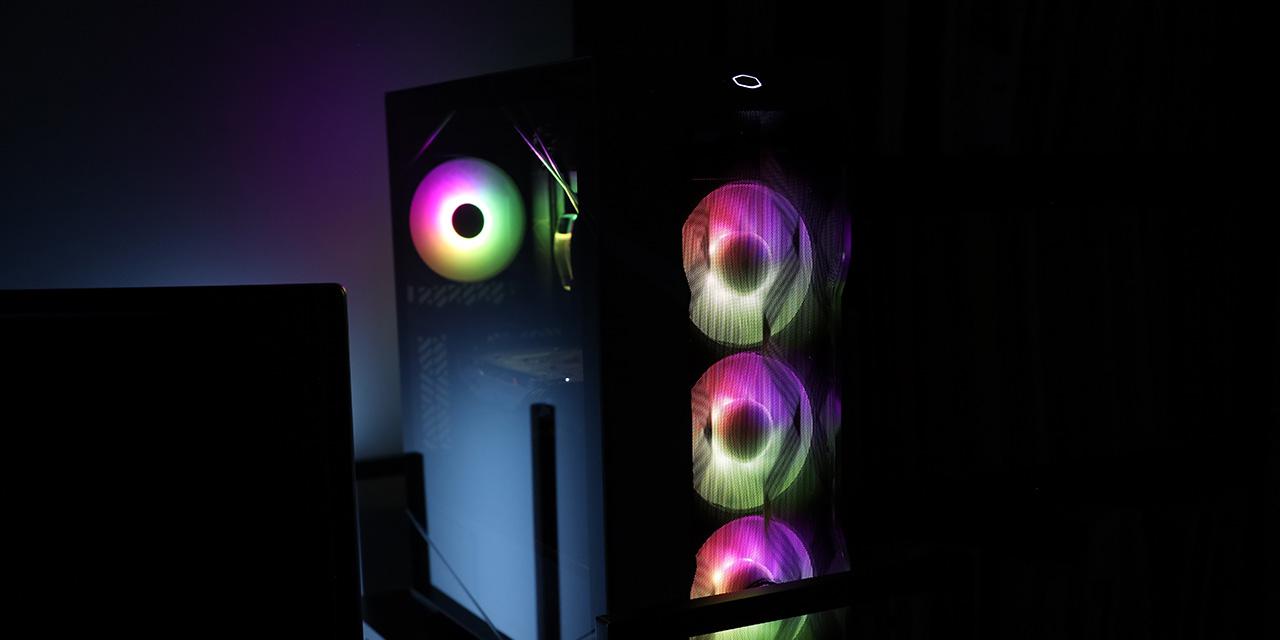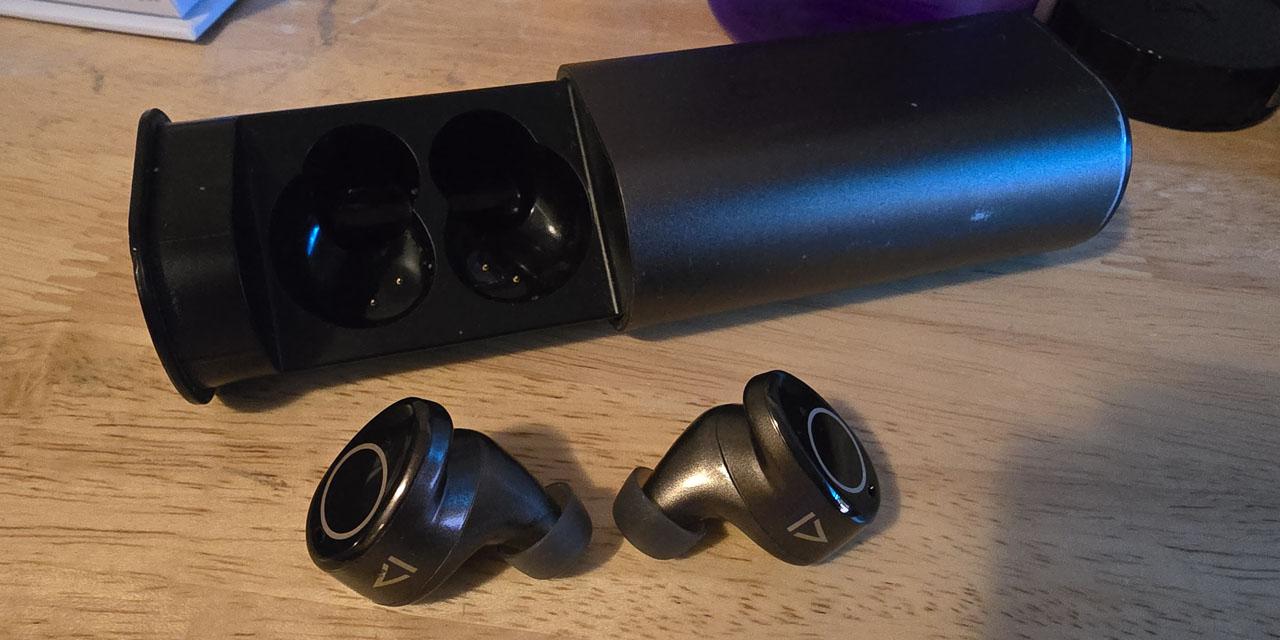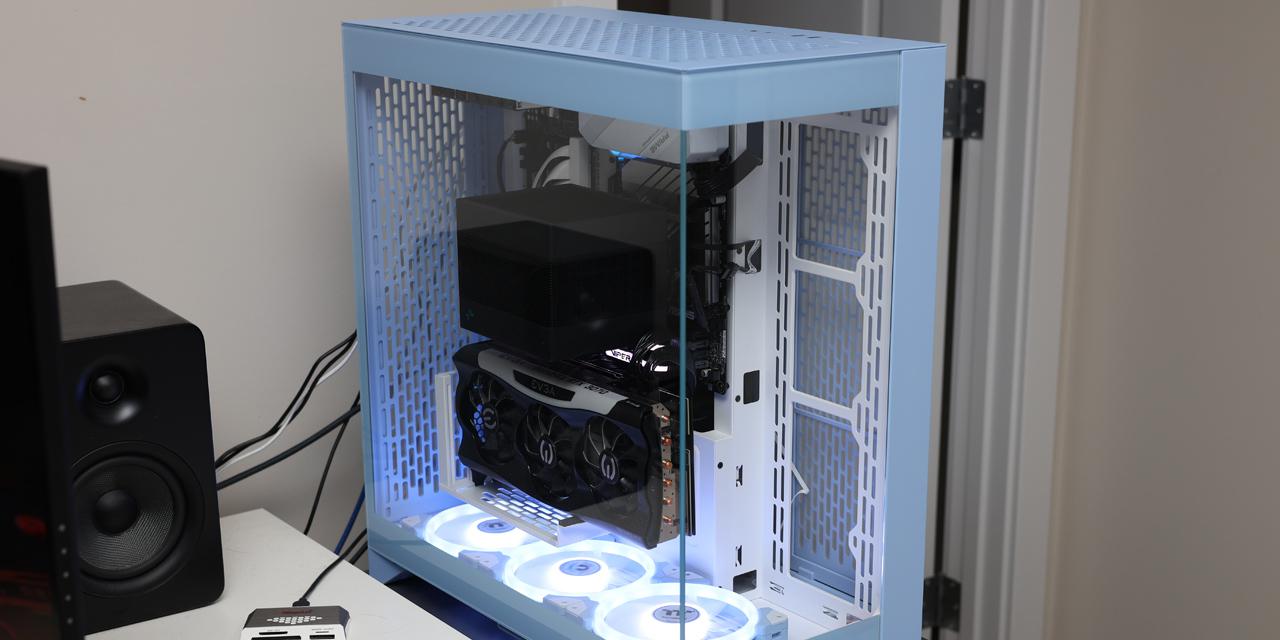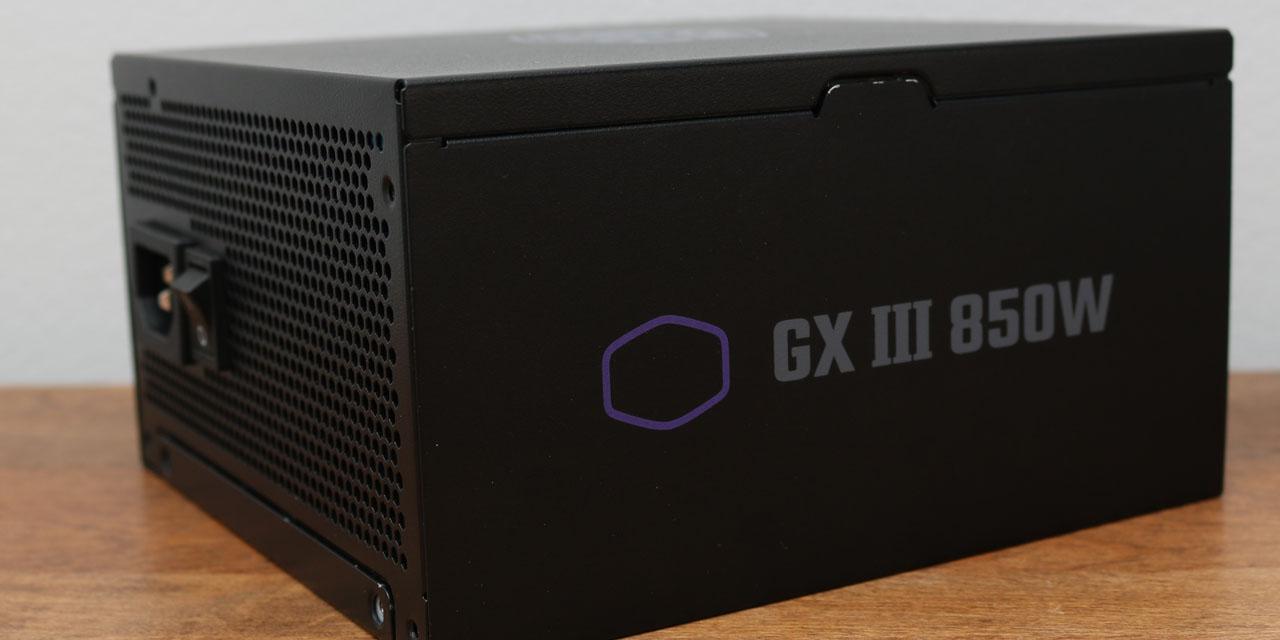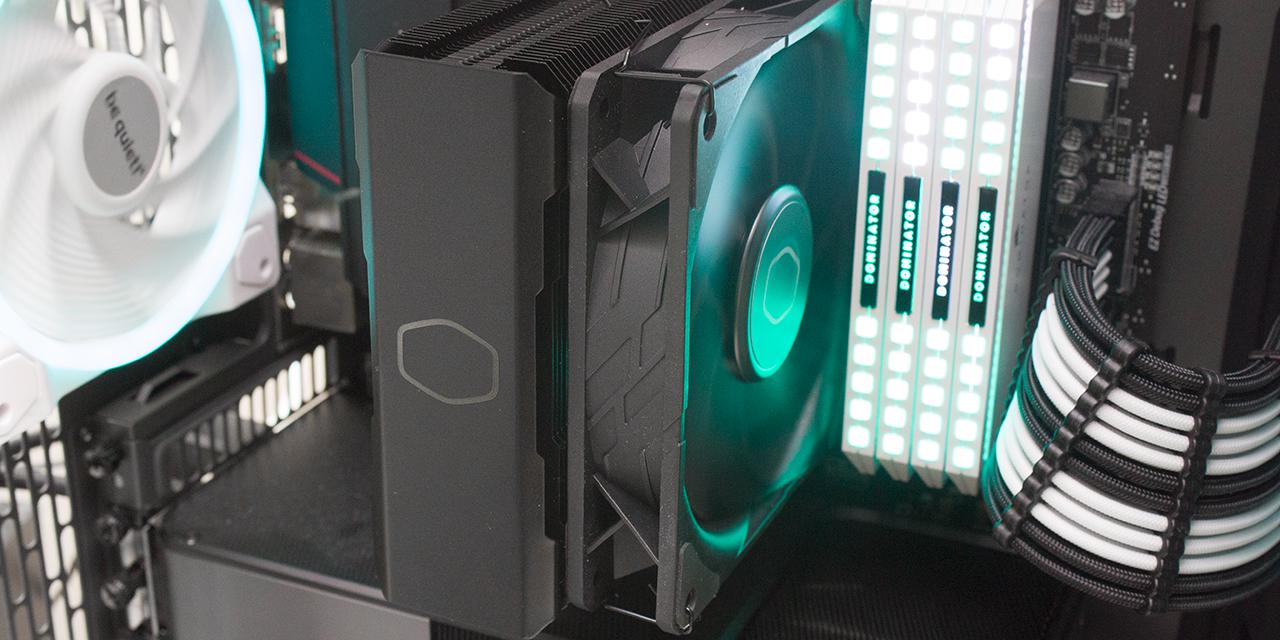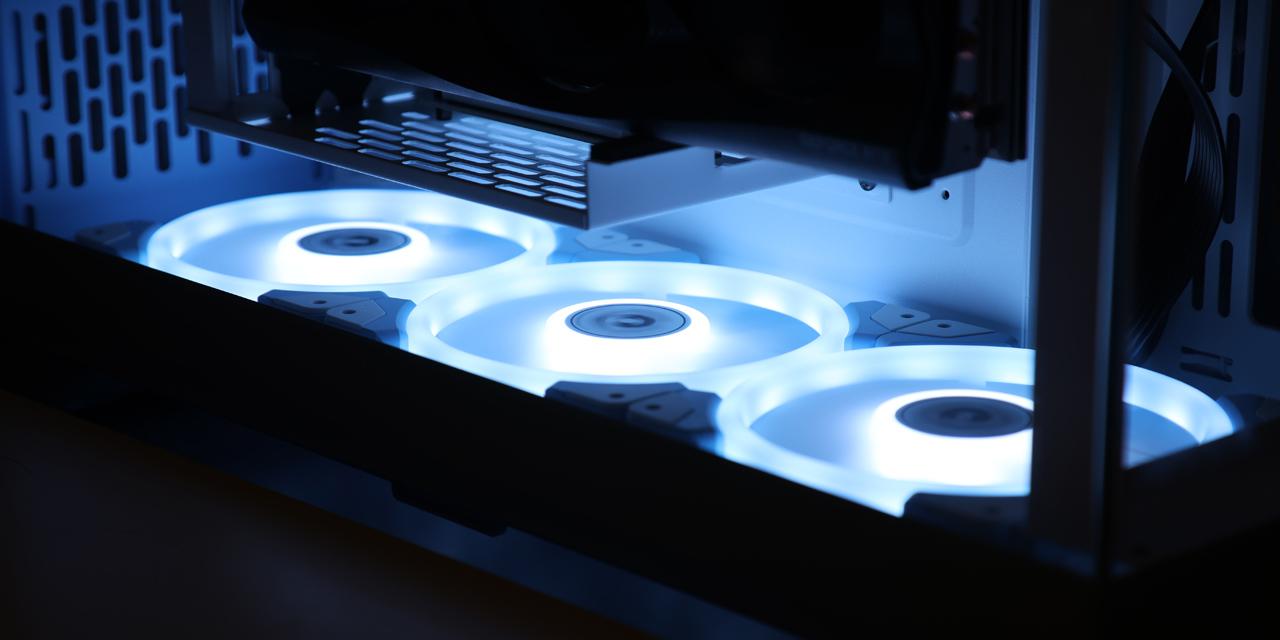|
From CNET News.com: Hardware acceleration offers a range of benefits to Web browsers--faster performance, lower battery consumption, and new features that would be otherwise impractical. So it's no surprise that browser makers--catalyzed in part by Microsoft's Internet Explorer 9--have been rebuilding their engines to support the idea. But Opera, while not the first with hardware acceleration, thinks it's got a competitive approach. It uses hardware for everything its Vega display engine handles--font display, CSS (Cascading Style Sheets) effects, Canvas 2D graphics, and WebGL 3D graphics. The Norwegian browser maker had two priorities with acceleration, which is named after a fast-swimming fish, said Jan Standal, vice president of desktop products, in an interview at the company's Up North Web event here. "One, it was more important to get it right than get it fast," Standal said. "Two, we wanted to reach as many users as possible." "Reach" means offering the feature to as many people as possible--those using Windows, Mac OS, and Linux, and those using older versions of Windows such as XP that IE9 doesn't support. But reaching XP isn't always possible, so, like other browsers, Opera uses a blacklist to disable hardware acceleration on some machines. "The issue with XP is that many drivers are not supported anymore, and they will have bugs that will not get fixed," said Karl Anders, who manages the desktop version of Opera (and the company's seventh employee, by the way, starting the day the browser project became independent from Norway's Telenor phone service company). Opera 12 should ship in final form later this year, said Christen Krogh, chief development officer, in an earlier interview. View: Article @ Source Site |
 |
Hardware-accelerated Opera 12 alpha arrives
© Since 2005 APH Networks Inc. All trademarks mentioned are the property of their respective owners.
